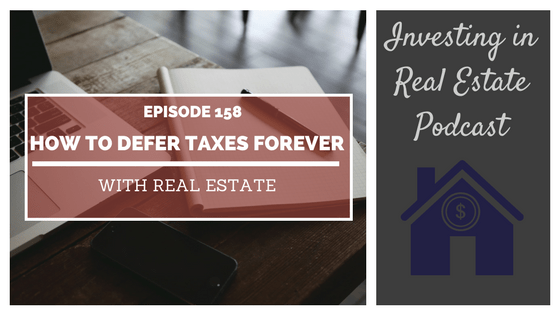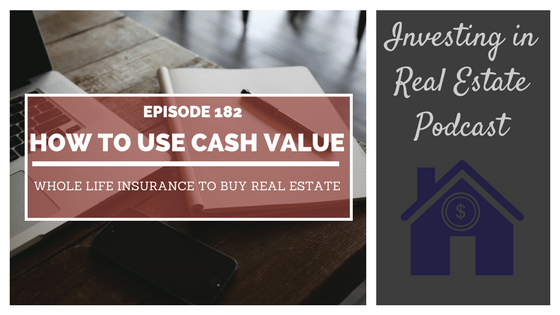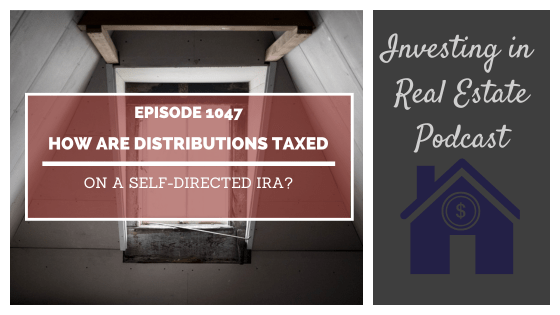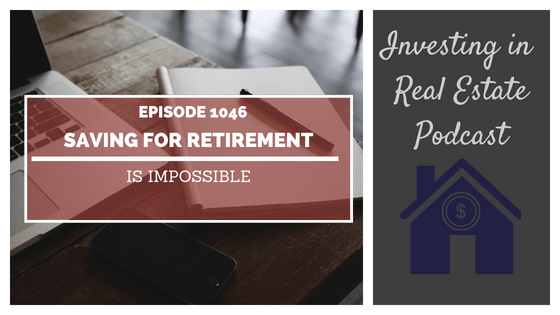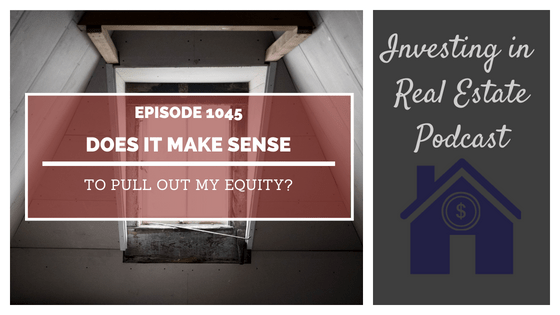
Every week in my inbox, I get questions from people who want to buy real estate, but they’re not sure how to get started because of a low credit score. If you feel like your credit score holds you back from reaching your financial goals, this episode is for you.
On today’s show, we’re going to dive into what goes into a credit score, how it impacts your financial snapshot, and your ability to invest in real estate. Click play to learn the secret truth about your credit score!
More About This Show
What the heck is a credit score, anyway? Let’s get into a quick definition. A credit score is a three-digit number that helps lenders predict how likely a borrower is to pay back a loan. Your credit score is shaped by factors like:
- Your history of paying bills in a timely manner
- How much total debt you have
- How many lines of credit you have, and how old they are
- How much credit you’re currently utilizing
- Plus things like foreclosures, bankruptcies, and accounts sent to collection agencies
There are multiple criteria used by different companies to compile your score. So while you might think of your credit score as a certain number, it actually can vary based on the scoring system.
A credit score is only important in the sense that it’s a piece of your financial snapshot. Having a strong credit score can help you qualify for loans and get better rates. However, a credit score isn’t everything… and that’s the problem.
I hear from so many investors that feel like their credit score dictates their potential and even their worth. If you feel like your credit score defines you, let me encourage you to challenge that limiting belief. We have to start untangling this twisted mindset that companies like FICO get to dictate our potential.
Credit scores were INVENTED, and many other countries don’t even use credit scores. I want to remind you that some of the most successful investors I know started with crappy credit scores… and I’ve been there too.
Here’s what your credit score doesn’t take into consideration: your assets, your tenacity, your trustworthiness, or your ability to build wealth.
In fact, your credit score increases when you buy liabilities, pay down those liabilities, and repeat. And to some extent, racking up multiple credit cards can actually increase your score. Keep buying liabilities, and you’ll have a better score.
Have you ever thought about how credit scores are marketed? You’re going to hear about the importance of your credit score on the mainstream news. Big name credit card companies will offer to give you access to your credit score for free… all while they collect billions of dollars in interest and fees every single year. They’re preying on Americans who don’t have enough financial education to understand that the credit score is a big scam.
These are just a few main flaws of the credit scoring system – but there are many.
Working to improve your credit score can be useful, but it’s by no means the most impactful thing you can do to change your financial situation. A more effective solution would be to find ways to bring in extra cash flow, buy assets, and improve your net worth. And you can do it without a credit score.
Do you think wealthy people give a rat’s behind about a credit score? Not really. Focusing too intensely on your credit score isn’t helpful. If this is what you’ve been doing, you’re playing the wrong game. Focus instead on financial education and financial freedom.
Episode Resources
Book a Call with Our Team
morrisinvest.com/bootcamp ← Download your FREE 90-Day Bootcamp!
Subscribe to Investing in Real Estate on Apple Podcasts
Find Your Financial Freedom Number
Subscribe to the Morris Invest YouTube channel
Like Morris Invest on Facebook
DISCLAIMER: I am not a financial adviser. I only express my opinion based on my experience. Your experience may be different. These videos are for educational and inspirational purposes only. Investing of any kind involves risk. While it is possible to minimize risk, your investments are solely your responsibility. It is imperative that you conduct your own research. There is no guarantee of gains or losses on investments.
AFFILIATE DISCLOSURE: Some of the links on this channel are affiliate links, meaning, at NO additional cost to you, I may earn a commission if you click through and make a purchase and/or subscribe. However, this does not impact my opinion. We recommend them because they are helpful and useful, not because of the small commissions we make if you decide to use their services. Please do not spend any money on these products unless you feel you need them or that they will help you achieve your goals.
Ready To Build Passive Income Through Rental Real Estate?
Ready to talk about your goals? We're here to show you the tools and teach you the process to begin earning legacy wealth for you and your family.


